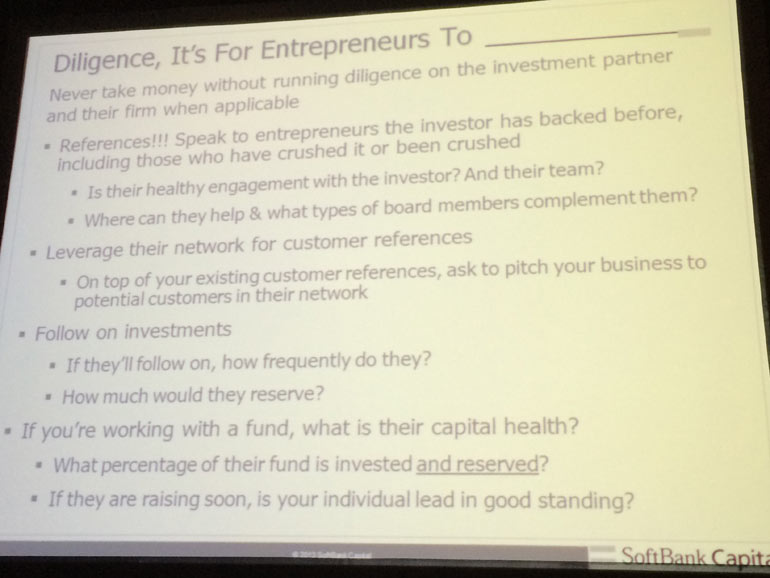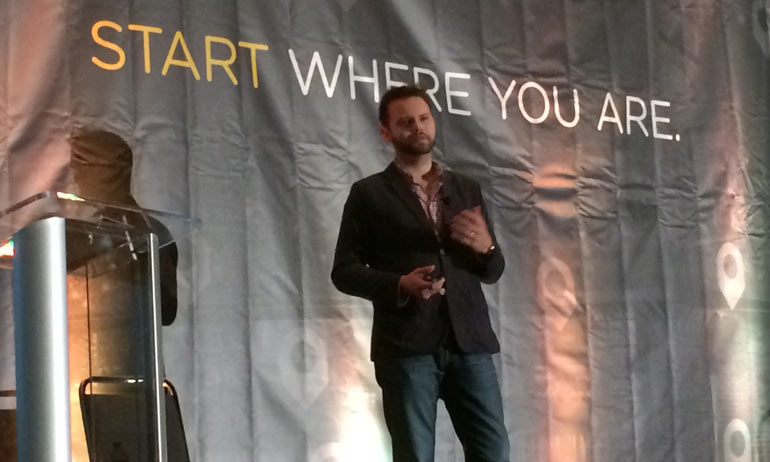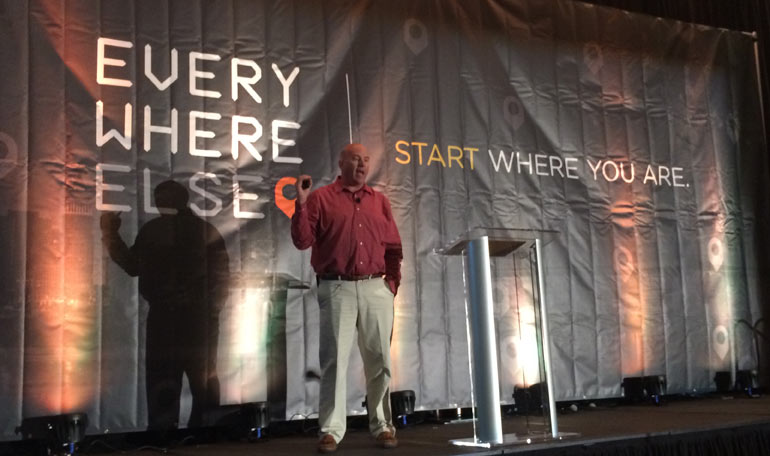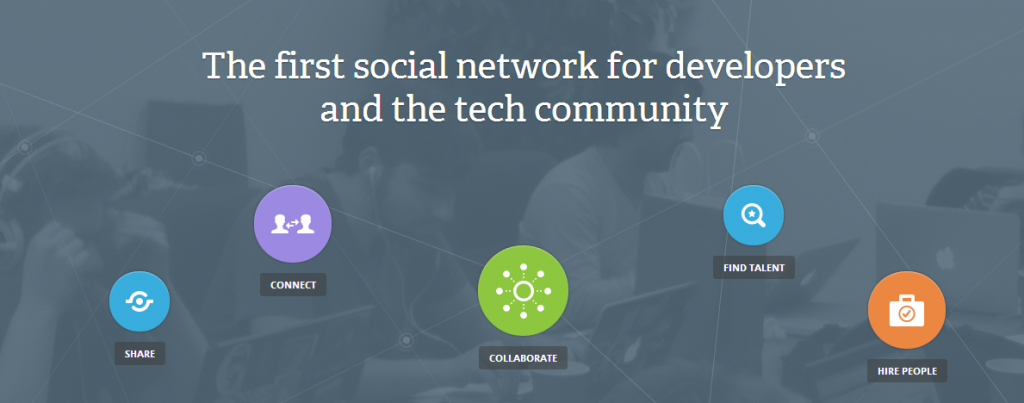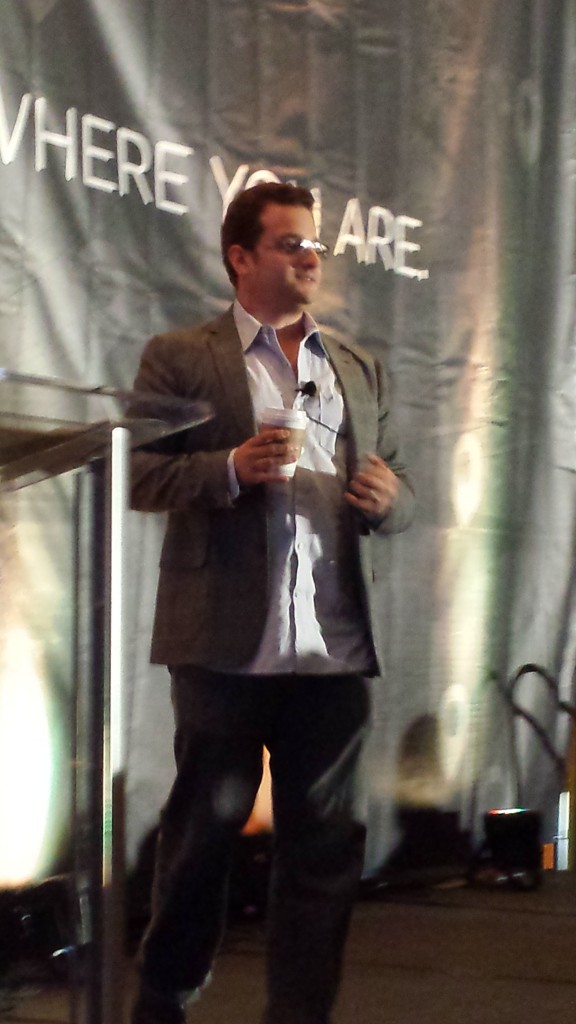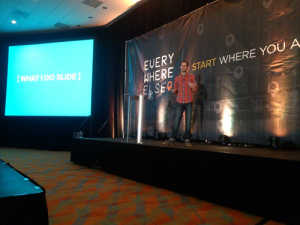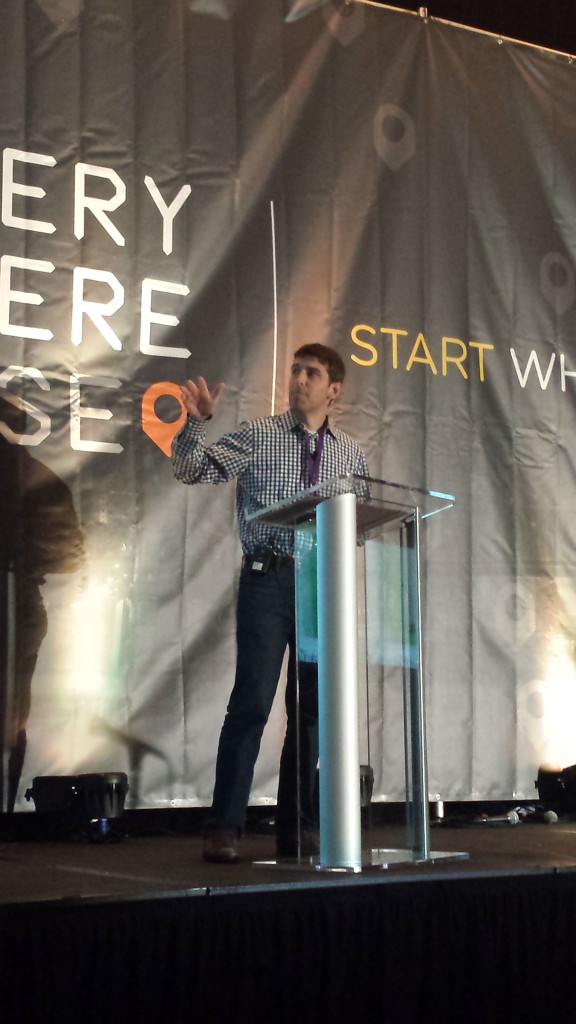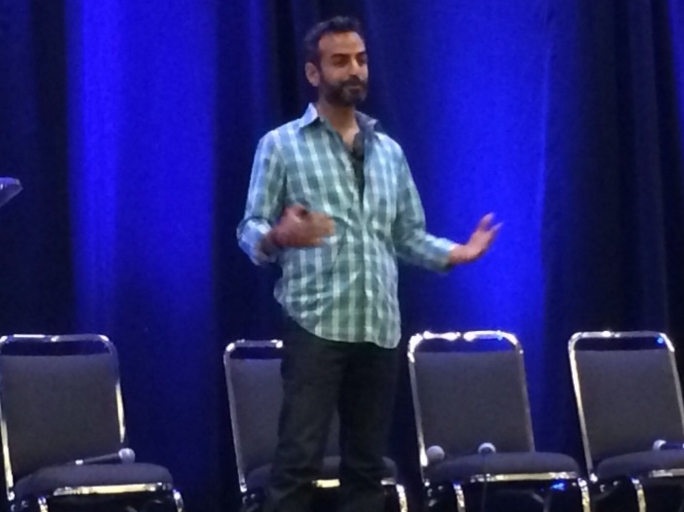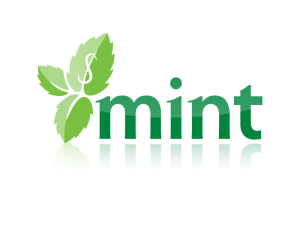Question: What ONE must-have tool should small businesses include in their marketing campaign when launching a new product? (events, pop-up shops, swag, social media campaigns, etc.)
Mailchimp Is a Must
“For every new product launch, we collect emails via MailChimp. We use their email campaign and auto-responder functionality to draft countdown emails so that our customers receive regular updates and pre-specified intervals prior to launch. These email campaigns get customers excited about our launch and result in increased conversion.”
Landing Pages with Unbounce
“Landing pages are a must when launching a new product. They let you easily focus the potential consumers attention on the actions that you deem desirable. With new products, money is scarce, so having the highest conversion rate is of necessity. My product of choice is Unbounce — it’s dead simple to use, and they also have new and improved features for the advanced user.”
Create a Dedicated Email
“As you’re building buzz for your product, there must be a customer and sponsor support team ready to handle incoming questions. Put your email out there everywhere and encourage questions, ideas and communication. Don’t just have the email account, but be ready with resources, FAQs and engagement specialists to nurture your early adopters and raving fans and help them promote you further.”
Set Up Google Analytics Properly
“You can’t have a good marketing campaign without tracking in-depth analytics throughout the entire process. Not only is Google Analytics great because it’s free, but they continue to add more robust features for tracking every detail of each visitor on your site, which will help you understand the location, referrers/keywords, behaviors, site usage, and transactions of each of your visitors.”
Incorporate Retargeting Pixels.
“Use a service like ReTargeter or AdWords Remarketing in order to drop cookies for first-time visitors to your website, so that you have the opportunity to remarket to them later and stay top of mind. Start building your remarketing list from day one.”
Utilize Hacker News
“Hacker News is a great place to launch a product. If you submit your site correctly, it could drive thousands of visits within a few hours and collect excellent feedback. Make sure to read how to use Hacker News first though!”
Put In a Squeeze Page
“If I had to recommend one tool for any product launch, it would be a “squeeze page,” also known as an opt-in page. Get an account with an email service provider (ESP), create a squeeze page, and point potential customers to it during your pre-launch. Send emails to your subscriber list building anticipation for the launch, and then offer your subscribers a limited-time offer upon the launch.”
Let People Use Your Product!
“If the goal is to get people to use your product and talk about your product, then it seems logical that you should get that product into as many hands as possible. If it’s online, this means a trial. If it’s food, it means having tons of samples. If it’s jeans, give away your jeans. You can talk and hype something all you want, but the product speaks for itself. A worthwhile investment.”
Bloggers Create the Buzz
“A lot of small businesses focus on long-lead, print media without realizing the power of blogs. Even relatively small blogs have the power to convert sales with links in a much more powerful way than print ever can — and even have the potential to take on their life of their own through social sharing.”
Coordinate a Social Media Push
“Including fans in the conversation or decision-making process prior to launch is by far the most valuable pre-promotion you can do. We generally narrow new watch designs or colors down to three or four options before running a vote on Facebook, Twitter, Instagram and Pinterest. It’s our “Threadless meets Kickstarter” model: whether we receive 100 votes or 1,000, we learn from our biggest advocates!”
Collect Real Testimonials and Reviews
“No matter what else you do to market a new product, you need to have proof that it does what you say it does. Getting people outside your company to try the product and talk about it is the only initial source of that proof that you can set up before the product goes on the market. So make the effort to get testimonials and reviews from beta testers and pre-launch customers.”
The Young Entrepreneur Council (YEC) is an invite-only organization comprised of the world’s most promising young entrepreneurs. In partnership with Citi, the YEC recently launched #StartupLab, a free virtual mentorship program that helps millions of entrepreneurs start and grow businesses via live video chats, an expert content library and email lessons.






